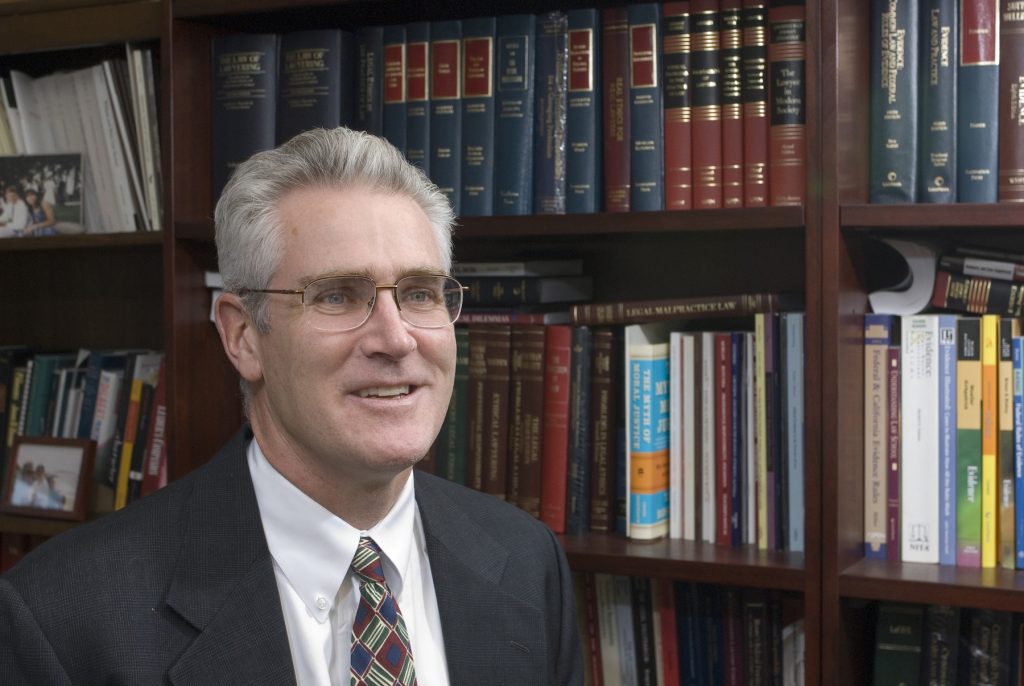The Massachusetts Supreme Judicial Court (SJC) has released its final decisions on the proposed changes to the state’s rules of professional conduct. As a member of the SJC’s Standing Committee on Rules of Professional Conduct, BC Law Professor Michael Cassidy played a key role in helping bring the rules into the 21st century.
For Cassidy and other members of the Committee, the decisions put a final stamp on years of studying, debating, and drafting the proposed amendments. “It was an honor to work on this rules revision project with leaders of the bench and bar,” Cassidy said. “The Massachusetts Rules of Professional Conduct had not been revised and updated since 1998. Since then, major changes in technology and the legal profession have rendered some of the previous provisions of our state’s rules of legal ethics seriously outdated.”
The committee’s recommendations were submitted to the Court in 2013, and most were adopted relatively quickly after a period of being open for public comment. A day of hearings were held in December 2014 for the remaining few that required more debate, and these decisions were issued by the SJC last week.
“In adopting these new rules, in addition to staying abreast of technology, the Court has expanded the narrowly defined situations where a lawyer may breach confidentiality in the interests of protecting others, has allowed post-verdict contact with jurors in situations previously unrecognized, and has strengthened a lawyer’s obligations of candor to the tribunal,” Cassidy said.
BC Law has a well-known reputation for its expertise in professional responsibility, and a long history of faculty participation in helping to shape the rules that govern the ethical practice of law. In addition to Cassidy’s role in the current rule changes, BC Law Huber Distinguished Visiting Professor (and former SJC Chief Justice) Herbert Wilkins was the Chair of the original SJC Committee on the adoption of the ABA Model Rule Format, and former Dean and BC Law’s Monan University Professor Daniel Coquillette was a member as well. Coquillette was also the Chair of the Massachusetts Bar Association Professional Responsibility Committee, and a member of the ABA Committee on Professional Ethics. Coquillette’s co-author for The Federal Law of Attorney Conduct (Lexis Nexis), BC Law Professor Judy McMorrow, also chaired the AALS Section on Professional Responsibility. Coquillette, McMorrow, and Cassidy are all coauthors of Lawyers and Fundamental Moral Responsibility (Lexis Nexis).
Paul Tremblay, BC Law’s Associate Dean for Experiential Learning, is nationally known for linking clinical learning with professional responsibility. Tremblay’s article “Migrating Lawyers and the Ethics of Conflict Checking” from the Georgetown Journal of Legal Ethics led to a change in the confidentiality rule adopted by the American Bar Association, which has now also been adopted by the SJC in Massachusetts. Tremblay was also a member of the Boston Bar Association Ethics Committee, one of the groups that commented on the final rules adopted by the SJC.
The new rules will be effective on July 1, 2015. For more, see the SJC announcement.


